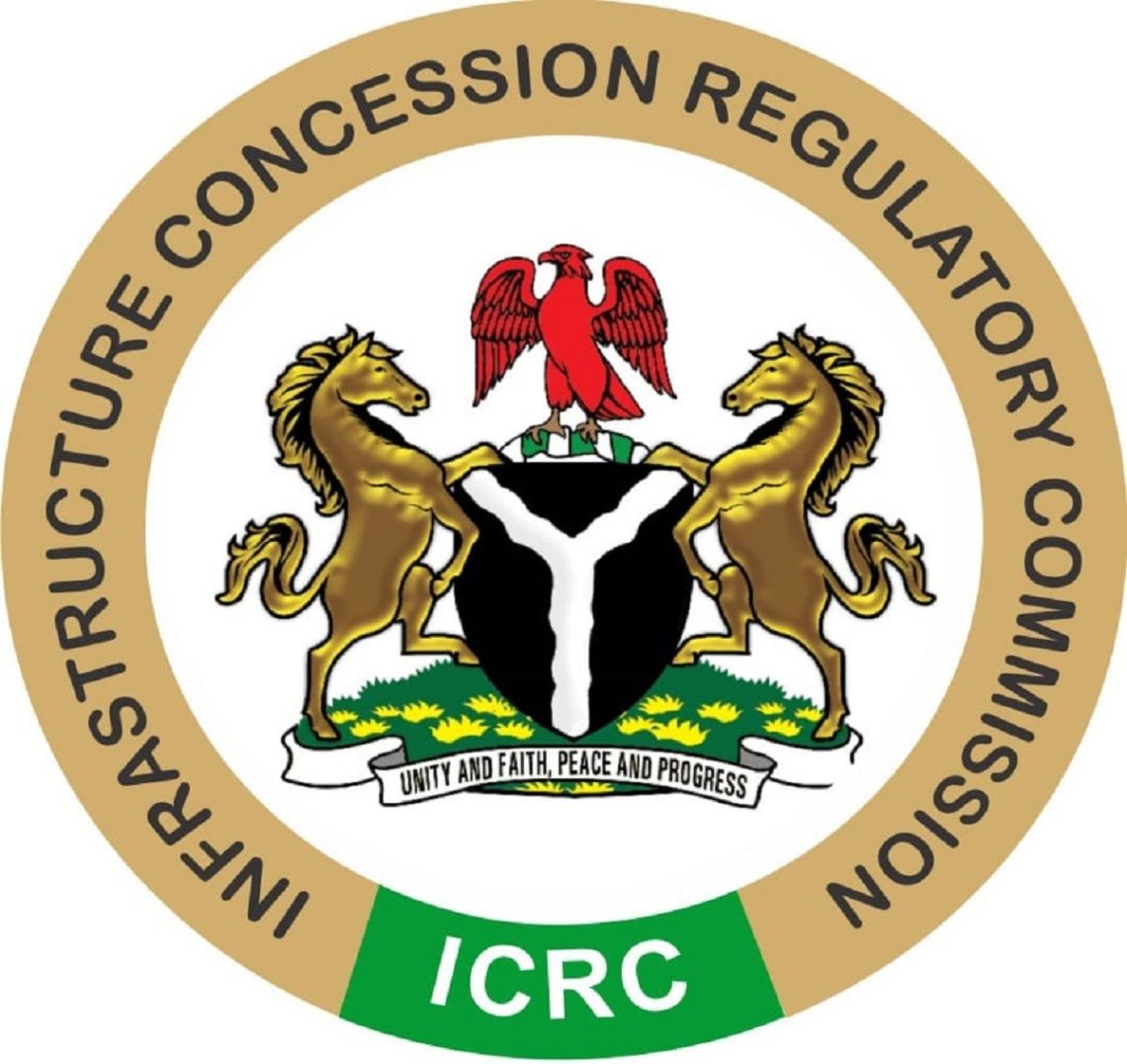Acting director-general of Infrastructure Concession Regulatory Commission (ICRC) Mr Michael Ohiani has disclosed that the commission intends to gazette a pipeline of 53 eligible and bankable PPP projects, worth about $22 billion this year.
Ohiani made the disclosure yesterday at the 2022 edition of the Africa Public Private Partnership Network investment summit with the theme: Financing Africa’s Infrastructure through Public Private Partnership in Abuja.
In 2021, ICRC published a pipeline of 51 eligible and bankable PPP projects, worth over $17 billion. The list contains the projects from different economic sectors which have been granted the Outline Business Case Compliance Certificates, but which did not have identified bidders.
The ICRC DG said as at May 2022, there are 77 post-contract PPP projects under implementation.
Between 2010 (following the inauguration of our governing board) and 2021, under the regulatory guidance of the ICRC, the Nigerian government has approved PPP projects worth more than $9 billion.
Secretary to the Government of the Federation Boss Mustapha, who was the guest speaker at the event called for the development of a resilient and vibrant public private partnership (PPP) framework as a means of facilitating rapid infrastructure transformation of Nigeria and across Africa. He said such instrument will help to release the potential of Africa.
Mr Mustapha admitted that “there is definitely the need to create a welcoming investment climate,” a goal he said can be achieved by reducing risks and costs of doing business and by securing private property rights, improving governance, fighting corruption, simplifying regulations, and promoting competition.
He said the current financial situation of Nigeria occasioned by the global COVID-19 pandemic and dwindling revenue have made the shift to PPPs more compelling than ever before.
Mr Ohiani said the solution is for governments to enhance the investment environment for national level investment for local and foreign investors, and look to innovative financing mechanisms that promote local capital markets, private sector risk, and rely on regulatory systems to balance investor and consumer requirements.
“With fiscal and budgetary funding constraints plaguing governments across the continent, the cold reality is that private participation in infrastructure is an economic necessity, rather than an optional financing solution, as hitherto considered,” he stated.
Acknowledging that Africa faces huge infrastructure gaps, Mustapha said the situation presents huge opportunities for private investment through public-private partnerships, especially in energy, housing, transportation, agriculture, technology, waste management, and social services and amenities.
“The continent requires energy, transportation, and new satellite cities to accommodate millions of people moving from rural to urban areas. Indeed, all sectors of the African economy are yearning for massive investment to fast-track infrastructure development and structural transformation that will impact the citizenry,” the SGF said.
He said identifying the private sector development as an engine of sustainable structural transformation through PPPs is of critical importance to the continent.
Mustapha said there is also the need for financial sector development by strengthening regulatory and institutional frameworks to improve governance and increase competition, improving access to finance and financial literacy, developing payment systems, and enhancing creditor rights. Similarly, access to finance by the private sector is equally very key.





